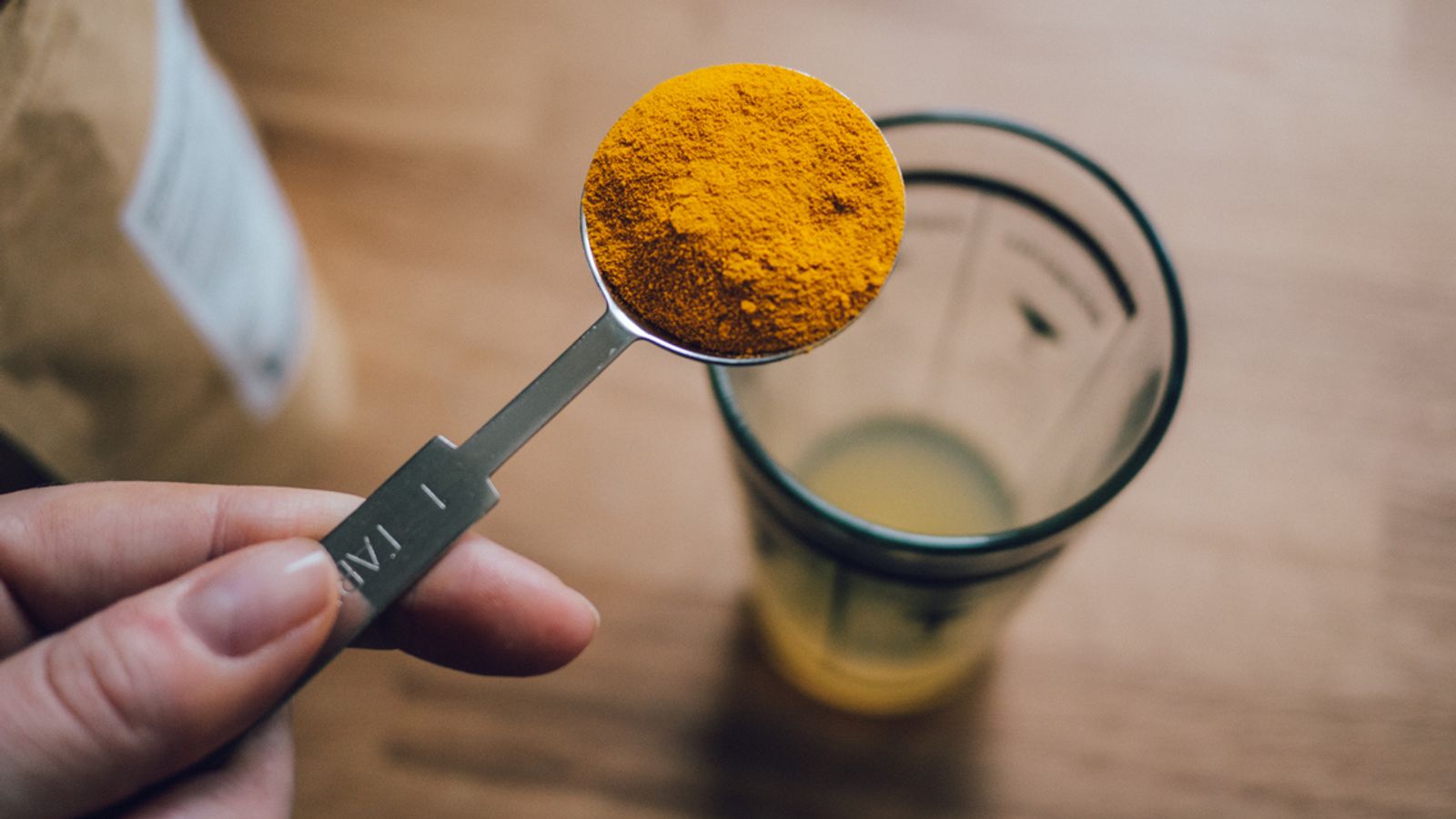Turmeric could be just as effective for treating indigestion as medicine, a study suggests.
The spice contains a naturally active compound called curcumin, which has long been thought to have anti-inflammatory and antimicrobial properties
It has long been used as a medicinal remedy – including for treating indigestion – in South East Asia.
But until now there had not been any reviews comparing the natural remedy with conventional drugs.
Now a study, published in the journal BMJ Evidence-Based Medicine, has found turmeric could be as good as omeprazole for reducing excess stomach acid.
Omeprazole is a proton pump inhibitor, or PPI for short, which is used to treat indigestion.
Proton pumps are enzymes in the lining of your stomach that help it make acid to digest food.
Consultation launched on how to make Botox and other non-surgical cosmetic treatments safer
Nottingham maternity scandal: Families still tell of ‘poor care’ a year after review launched
Cardiac arrest patients should be taken to nearest A&E over specialist centre, study suggests
Omeprazole prevents proton pumps working properly, reducing the amount of acid the stomach makes.
Be the first to get Breaking News
Install the Sky News app for free
Researchers recruited 206 patients aged 18-70 with recurrent indigestion from hospitals in Thailand between 2019 and 2021.
They were placed in three groups. One received turmeric (two 250mg capsules of curcumin four times a day) and a small dummy capsule; one took omeprazole (one 20mg capsule daily and two large dummy capsules four times a day); and one group had turmeric and omeprazole.
Patients were reassessed after 28 days and then again after 56.
Read more from Sky News:
Should you be worried about the new COVID variant?
NHS surgical staff sexually harassed at work
Click to subscribe to the Sky News Daily wherever you get your podcasts
Researchers found patients in all three groups experienced a similar improvement in their symptoms.
No serious side effects were reported, although liver function tests indicated some level of deterioration among overweight patients taking turmeric..
The researchers acknowledged the small size of the study and other limitations, including the short intervention period and lack of long-term monitoring data. Further larger, long term studies are needed, they said.
They concluded though that the trial “provides highly reliable evidence for the treatment of functional dyspepsia”.
The findings may justify using turmeric in clinical practice, they said.






















